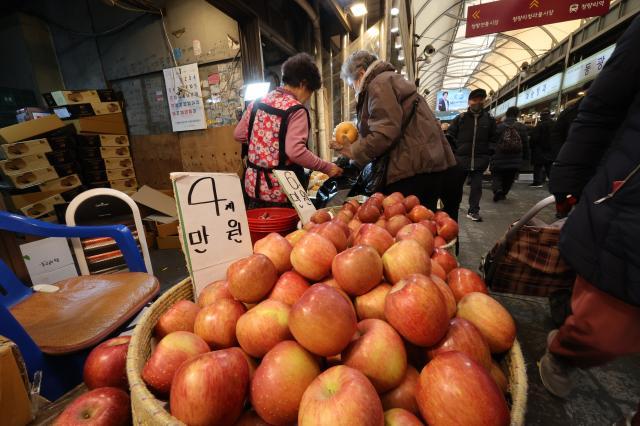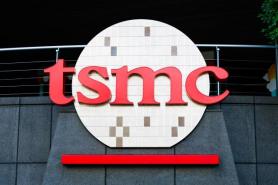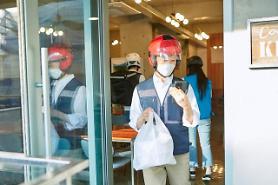
SEOUL, June 26 (AJP) - South Korea's small business owners are feeling the weight of growing economic pressure, with rising food prices and labor costs making it harder than ever to stay afloat. Many are now calling on the government to freeze or even lower the minimum wage.
According to a survey released Thursday by the Korea Economic Research Institute (KERI), 63.4 percent of self-employed respondents said their business conditions have worsened compared to last year. Only 6.8 percent reported any improvement, while the rest said things were roughly the same.
The minimum wage for 2025 is 10,030 won ($7.4) per hour, a 1.7 percent increase from 2024. That translates to a monthly income of 2,096,270 won, assuming a 40-hour workweek with paid weekly leave. But for half of the business owners surveyed, even that level is already too much to bear.
The burden is especially heavy in the hospitality sector. In the lodging and restaurant industry, 64.2 percent said the minimum wage poses a serious strain. Similar concerns were echoed in retail at 51.9 percent, education services at 50.0 percent, and manufacturing at 48.4 percent.
Asked about what should happen to the minimum wage next year, 44.2 percent said it should be frozen. Another 15 percent favored a reduction. About 21.2 percent said a modest increase of one to three percent would be manageable, while only 10.2 percent supported a hike of more than three percent.
But wage costs are only part of the problem. Food and raw material prices have surged in recent years, eating into already tight margins. Statistics Korea reported that the consumer price index in May rose 1.9 percent from a year earlier to 116.27. Food prices increased much more sharply, with the food-only index reaching 125.15 and dining-out costs rising to 124.56. Both figures are around 25 percent higher than in 2020.
Basic ingredients have not been spared. A 20-kilogram bag of rice now costs 52,520 won, up eight percent over the past five years. Spinach prices jumped 29.2 percent in the same period, while potatoes went up 15.3 percent.
Everyday meals have become noticeably more expensive. In May, a single roll of gimbap in Seoul averaged 3,623 won. That is a 45.8 percent increase from 2,485 won five years ago. Prices over 3,500 won are now common, and some franchise shops charge more than 4,000 won. Naengmyeon, once priced around 9,000 won, now averages 12,269 won. Bibimbap rose to 11,462 won, up nearly 32 percent. Even pork belly has jumped past the 20,000 won mark per serving.
For many business owners, it is no longer just a tough season. It is a breaking point. Nearly 29 percent said they are already operating at their limit. A staggering 30.4 percent reported earning less than the legal monthly minimum wage. And when it comes to hiring, 65 percent said they simply cannot afford to take on new workers.
Lee Sang-ho, head of KERI's economic and industrial division, called for caution in the upcoming minimum wage decision. "To ease the burden on small business operators and restore momentum in the economy, this year's minimum wage decision should carefully consider employers' payment capacity and the broader employment situation," he said.
Copyright ⓒ Aju Press All rights reserved.




